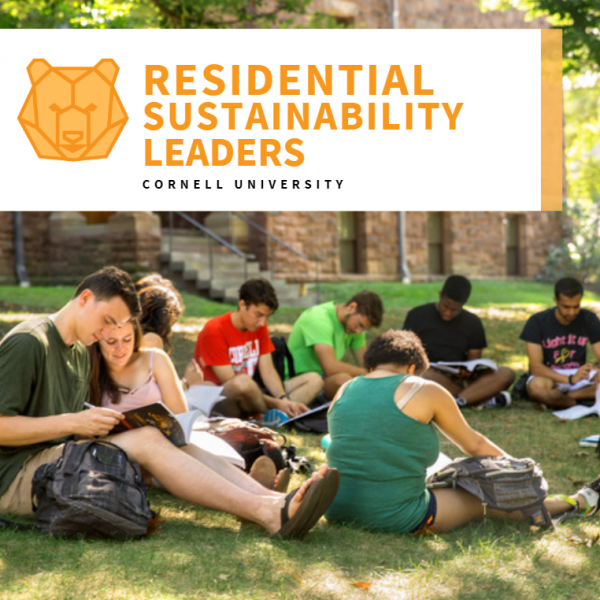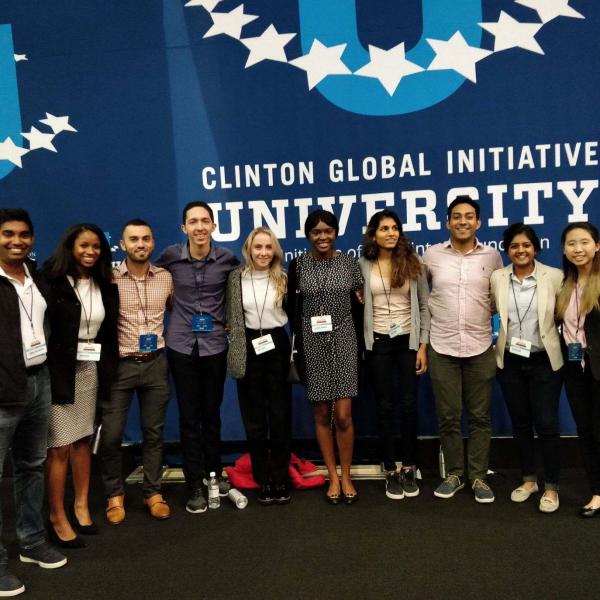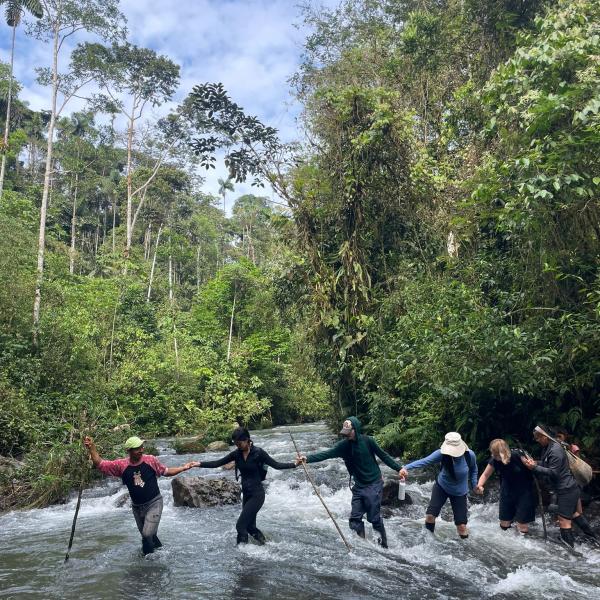Overview
The CALS Global Fellows Program supports CALS undergraduate students from any major in pursuit of challenging, professionally-focused summer internships and research placements that enhance and complement their career goals and academic progress, while enriching their undergraduate experience with diverse cultural and international immersion. Through key partnerships, the Global Fellows Program provides a platform for students to make positive and definable contributions to global organizations and communities.
Acceptance to the program is competitive and a limited number of students are selected each year.
Students who are accepted into the CALS Global Fellows Program will be required to complete 4 parts of the program:
- An in-person 7-week, Spring (session 2) pre-engagement 1 credit course ALS 2300, focusing on health and safety, cultural awareness, logistics and more.
- a continuous 7–8-week internship or research placement in an international setting
- and a 7-week, 1 credit post-engagement course in the first half of the Fall 2025 semester (ALS/GDEV 3105)
- Poster Symposium in Fall 2025
Info Session:
None
Placement Opportunities
Placements: 2 (in-person)
Interns will be placed at Tomatrix Nigeria, a social enterprise addressing rural poverty and food loss through community engagement and value addition to food-crops like Tomato and Cassava. We are building a hub for innovation to combat food loss/post-harvest using agro-processing, market linkage and farmer's training.
Interns will work to on value addition innovation and/or data analytics. Tomatrix is looking to build a dashboard to track food loss in Nigeria.
Desired Qualifications: Students with data analytics skills (Power BI, MySQL, Front-end/Full-stack engineer) and/or Food Science (product development, agro-processing, Hot-filling processing techniques, sustainable packaging) are well suited for this internship.
Tomatrix founded by John Babadara, a Cornell Alum. Learn more here.
About Nigeria:
- Nigeria, country located on the western coast of Africa. Nigeria has a diverse geography, with climates ranging from arid to humid equatorial. However, Nigeria’s most diverse feature is its people. Hundreds of languages are spoken in the country, including Yoruba, Igbo, Fula, Hausa, Edo, Ibibio, Tiv, and English. The country has abundant natural resources, notably large deposits of petroleum and natural gas.
- The national capital is Abuja, in the Federal Capital Territory, which was created by decree in 1976. Lagos, the former capital, retains its standing as the country’s leading commercial and industrial city.






